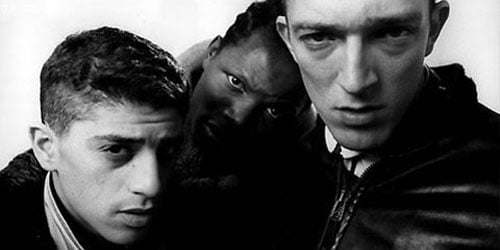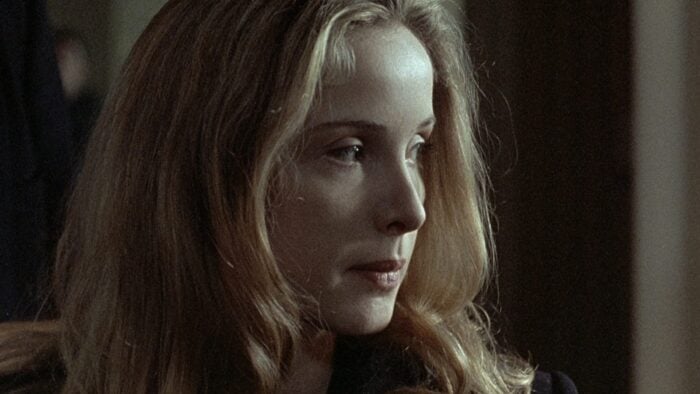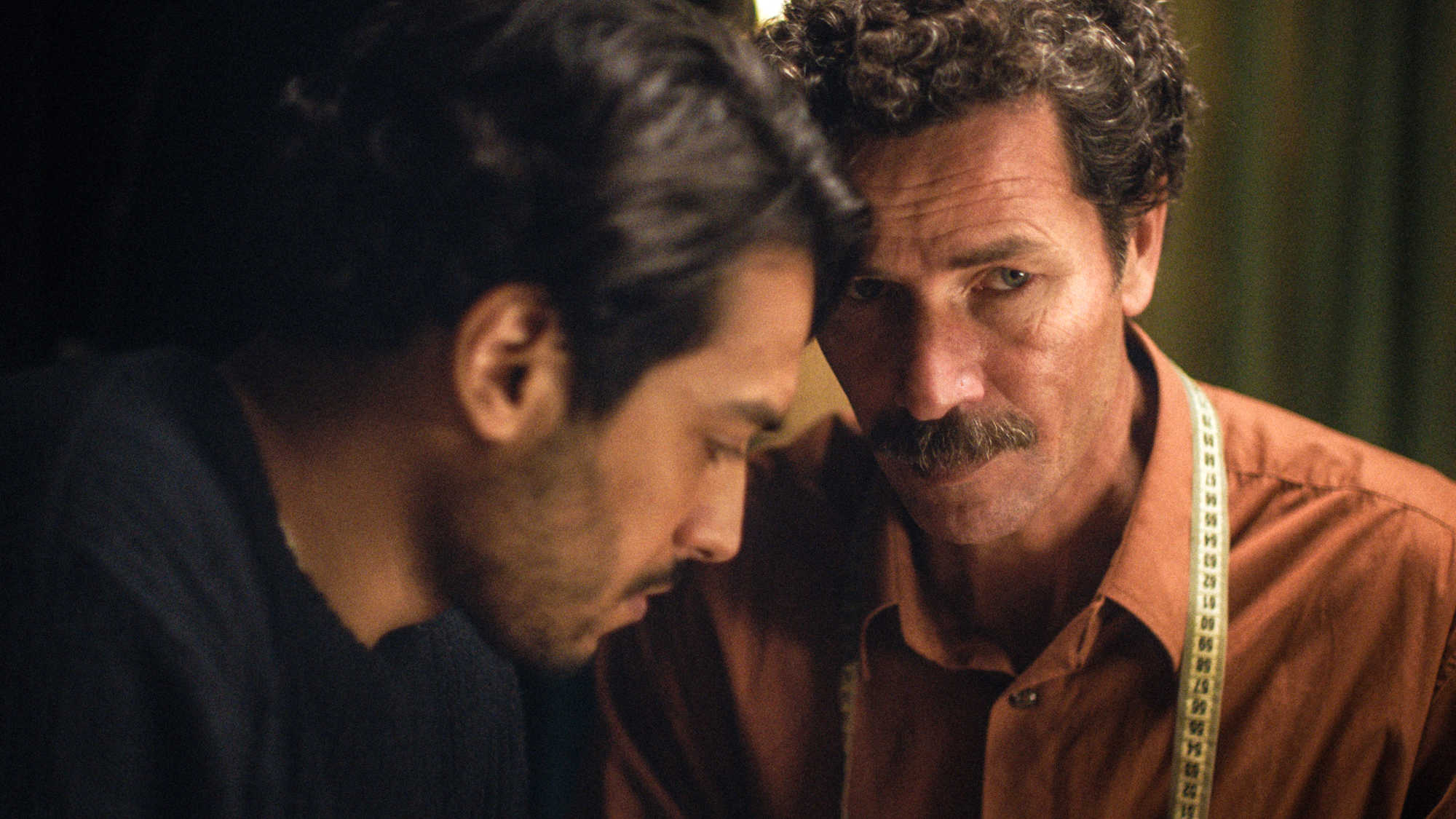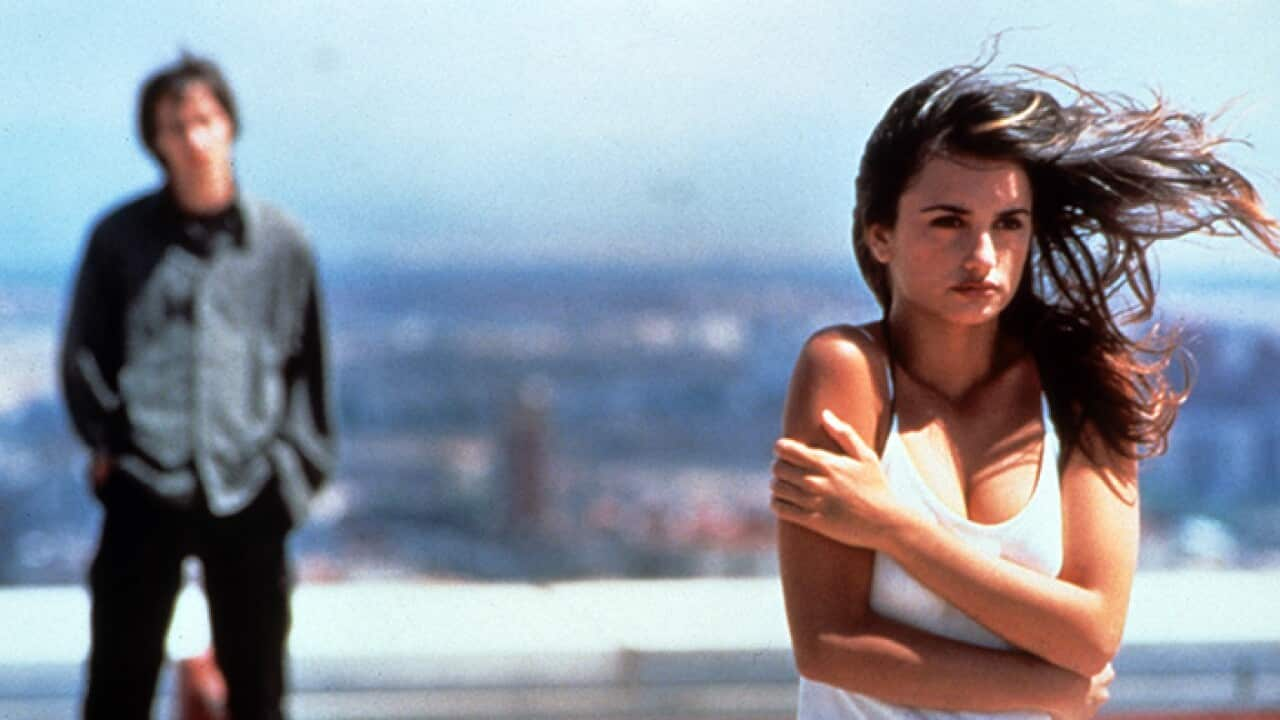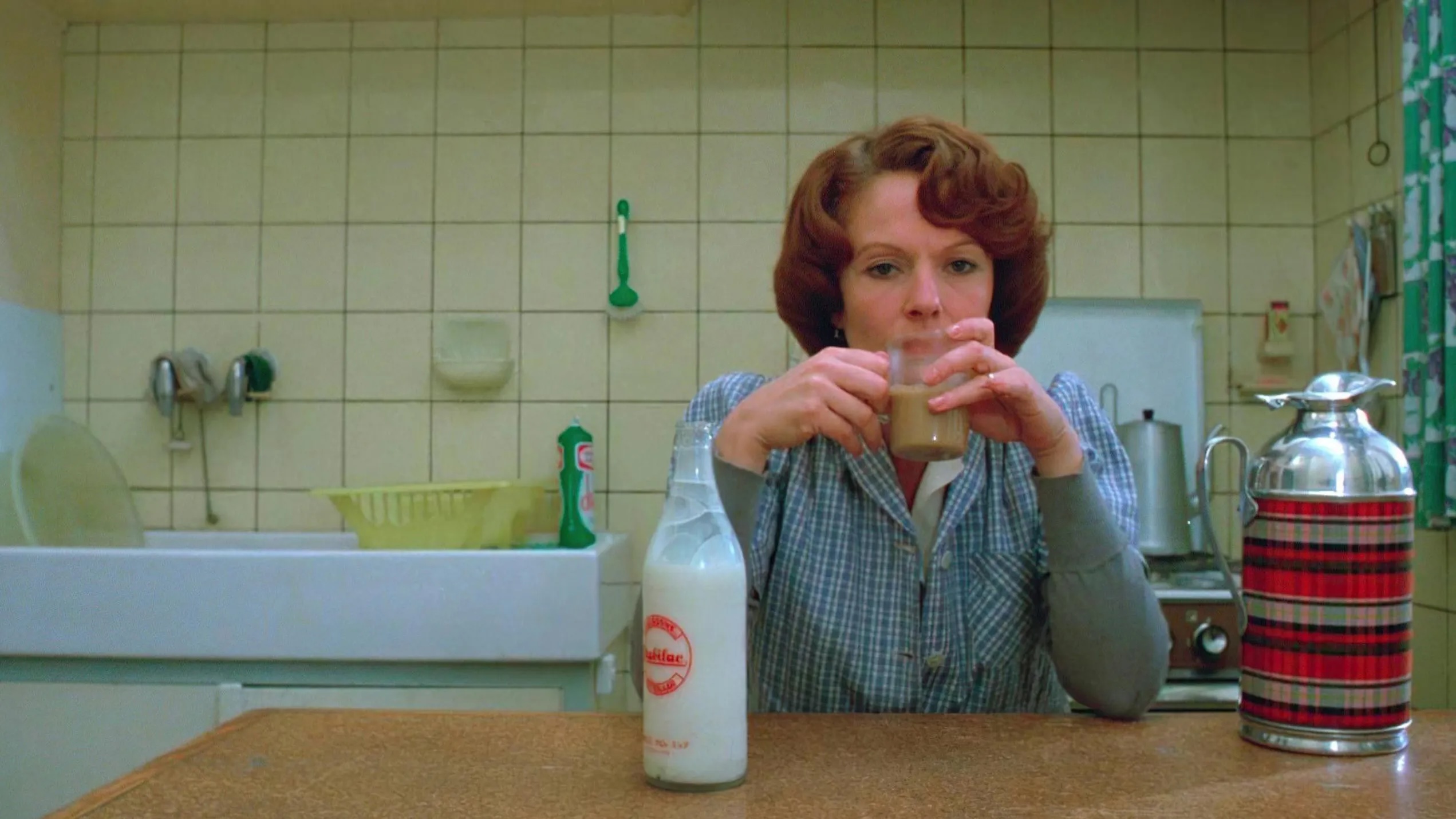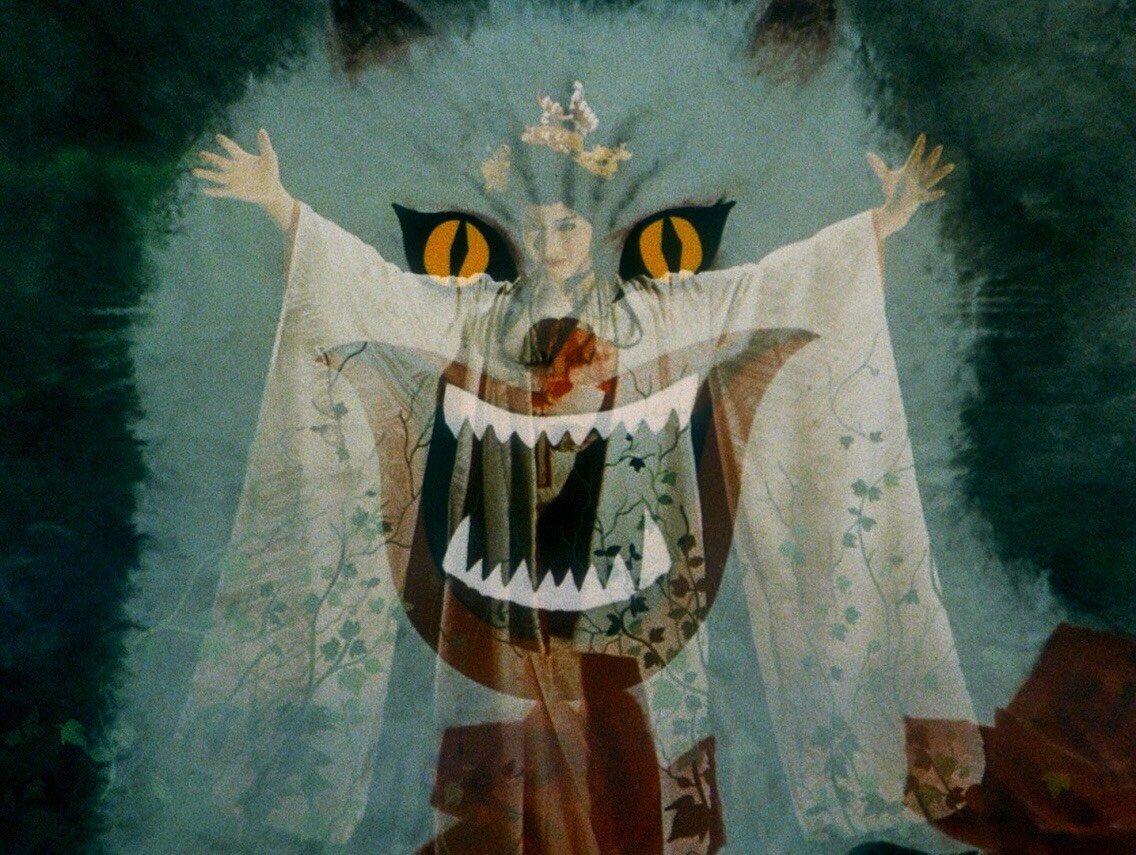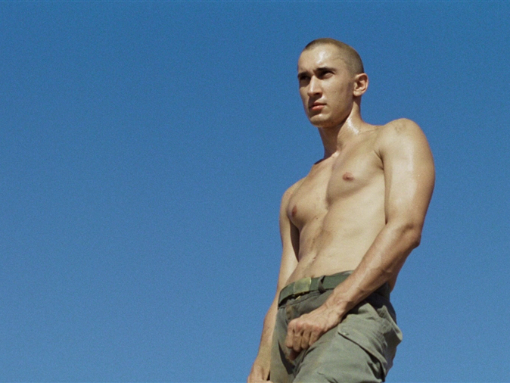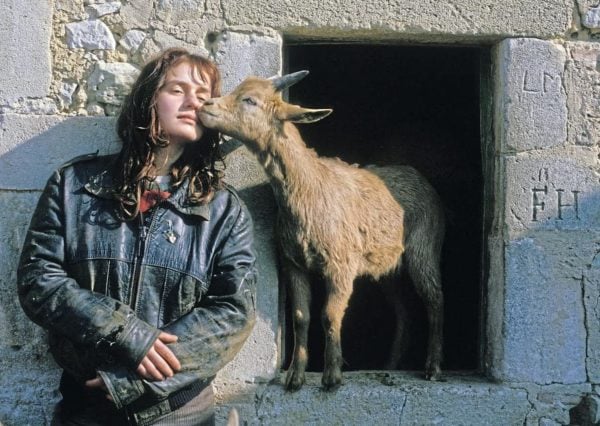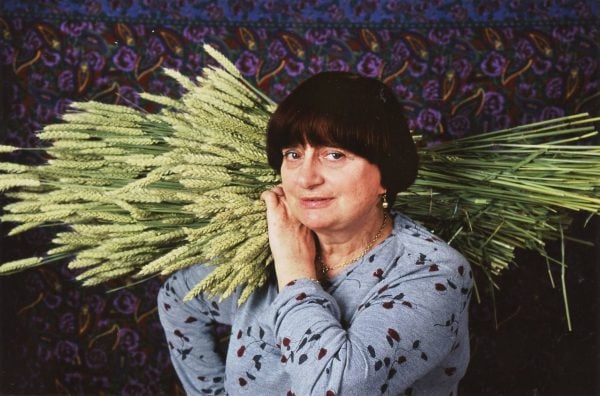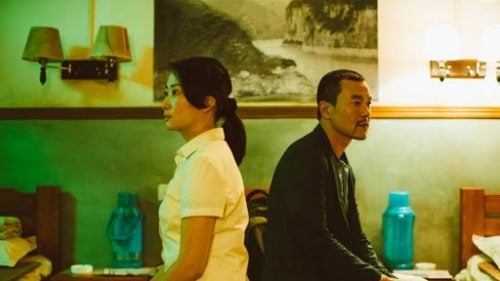
75 Best Foreign Movies on Criterion Channel Right Now
April 20, 2025
Share:
With its dedication to restoring and distributing classics, there’s no doubt that the Criterion Channel has a great library for viewers to dive into. They’ve unearthed films once thought to be lost, they’ve figured out how to adapt the classic widescreen aspect ratio to regular screens, and they also added thoughtful, scholarly essays and commentary tracks for movie lovers. It won’t be a surprise that their library also includes hidden gems from all over the world, so for cinemas wanting a glimpse of something new, here’s some of the best foreign films available to stream on Criterion Channel.
Read also:
31. La Haine (1995)
Genres
Director
Actors
Moods
At the risk of being cliché, I’m going to state that only the French could have made a movie about racial issues and the troubles of youngsters in the suburbs and still make it elegant. I’ve tried looking for other adjectives, but I couldn’t find one that better describes those long takes shot in a moody black and white. But despite the elegance of the footage, the power of the narrative and the acting makes the violence and hate realistic as hell, dragging you into the story and empathizing with the characters until you want to raise your arm and fight for your rights. Aside from this unusual combination of fine art and explicit violence, the most shocking thing about La Haine is how much the issues it addresses still make sense right now, even though the movie was released 20 years ago.
32. Three Colors: White (1994)
Genres
Director
Actors
Moods
Krzysztof Kieślowski’s trilogy reflects both the colors and the values of the French republic: liberté, égalité, fraternité. In Trois couleurs : Blanc (Three Colors: White), Kieślowski explores not only the theme of equality, but also the ramifications of defining and “achieving” equality as a European ideal.
After failing to consummate their marriage, Dominique (the ever-bewitching Julie Delpy) divorces Karol (Zbigniew Zamachowski), leaving him broke and humiliated. Karol plots to exact revenge on his ex-wife, becoming richer and cruller in the process.
Although this is often regarded as the weakest of the trilogy, White is worth a watch not just for completionists. Kieślowski interrogates what it means to be equal in sex and socioeconomic class—and if when we strive to move upward in society, whether we are really debasing our basic humanity and humility.
33. The Blue Caftan (2022)
Genres
Director
Actors
Moods
Set in one of Morocco’s oldest medinas, Blue Caftan is a tender portrayal of pure love and the different forms it takes. It follows traditional tailor Halim (Saleh Bakri) and his wife Mina (Lubna Azabal) who, despite their imperfect marriage, prove their affection in small but moving ways. He peels tangerines for her and washes her hair, she preps his meals and defends his craft from demanding customers. When a third person, Youssef (Ayoub Missioui), enters the picture, even more manifestations of passion (and the lack and longing and excess of it) emerge.
It’s a dramatic film, but never overly so. Like the silky fabric Halim handles with expert care, it’s rich but soft, detailed but delicate. In the face of poverty, sickness, and discrimination, the film mines moments of joy, friendship, and pleasure, subverting the expectation that tragic circumstances must mean tragic outcomes.
Blue Caftan, even in its saddest moments—and there are plenty—is a film full of love, made even more memorable by the deft performances and palpable chemistry of its three leads.
34. Open Your Eyes (1997)
Genres
Director
Actors
Moods
While the mixed reception of its near-faithful American remake Vanilla Sky might make some viewers pause, there’s an intuitive brilliance in the Spanish original Open Your Eyes that isn’t easy to translate. Sure, the apparent differences help– it’s shorter and less complicated, and Cesar’s face turns more grotesque than David’s does. But what’s startling about Open Your Eyes is the way writer-director Alejandro Amenábar guides the camera through its various shifts, creating a more subtle and gradual realization that something is wrong, and thus, a more terrifying dream turned nightmare. Amenábar has later deemed the film as his worst, saying it was written when he didn’t know much about life, but, in our opinion, Abre Los Ojos still holds up as a groundbreaking existential sci-fi simulation, one that still puzzles and captivates years after.
35. Jeanne Dielman, 23, quai du Commerce, 1080 Bruxelles (1976)
Genres
Director
Actors
When the film publication Sight and Sound dubbed it “the greatest film of all time,” movie fans were quick to give their opinion. Those opposed complained about its simplicity, while those favoring the film praised the same trait. It’s true the film is simple—the camera is static and far away, and all it does is follow the titular Jeanne as she goes through the strict routines of her life. But nothing about it is plain or easy. You could mine a thousand things from a single scene alone, to say nothing about the woman at the center of it all. As Jeanne juggles her duties as a homekeeper, mother, and breadwinner, she eventually unravels, and the film rewards us with one of the most memorable climaxes of all time. There’s complexity in the ordinary, Akerman reminds us in her mundane epic, and there’s always something political motivating our choices, no matter how normal they seem.
36. House (1977)
Genres
Director
Actors
Moods
Visiting a relative can feel strange, because especially when the loved one you share is gone, the visit will inevitably bring up feelings of grief, nostalgia, and being stuck because of it. But no visit would be as strange as the 1977 cult horror classic House. It’s a classic not because it’s particularly scary– in fact, most of the time, the film is much more bizarre than terrifying– but because this grief manifests in the eccentric estate through unusually unrealistic, but undeniably stylish psychedelic visions that stem from the kind of nightmares one would get as a kid as well as the real-life devastation Nobuhiko Obayashi faced as a Hiroshima survivor. It’s because of these absurd images that House escapes explanation, yet still became Obayashi’s definitive work. Hausu is simply a film that you have to visit for yourself.
37. Beau travail (1999)
Genres
Director
Actors
Moods
Often considered Claire Denis’ best film, Beau Travail is an epic exploration of both masculinity and colonialism. Inspired by Melville’s Billy Budd, she transplants the story to Djibouti where the French Foreign Legion run seemingly aimless drills in an arid desert landscape while largely alienated from the local community.
Denis inverts the male gaze and imbues charged eroticism to the bodies in motion as the men train and wrestle. Accompanied by the music of Britten’s Billy Budd opera, these movements transform into a breathtaking modern dance. Underneath her jaw-dropping direction is a cutting allegory on repression, desire, and violence, working on both the individual and geopolitical level. This incredible tale is capped off by one of the best end credit sequences of all time.
38. Vagabond (1985)
Genres
Director
Actors
Moods
Even before Agnès Varda pivoted to documentary filmmaking, she was a pioneer of French cinema. Her film Sans toit ni loi (Vagabond) is one of her most harrowing dramas.
Varda’s sensibilities as a burgeoning documentarian are apparent as the film opens on the corpse of a woman lying dead in a snow-covered ditch. Through flashbacks, we trace the titular vagabond’s steps to uncover how she ended up alone and dead. The camera follows its subject from a safe distance, as if tracking a wild animal. Alongside the woman, we hitchhike across the French countryside, encountering hostile men, treacherous winter weather, and occasional glimpses of hope, connection, and familiarity. Vagabond succeeds at portraying a complicated woman—Varda understood that women, above all else, are people, with dark interiors, difficult choices, and uncertain impulses.
39. The Gleaners and I (2000)
Genres
Director
Actors
Moods
Les Glaneurs et la Glaneuse (The Gleaners and I) is one of the late Agnès Varda’s great documentaries. The film follows “gleaners”—scavengers and collectors of discarded garbage or abandoned items—from the French countryside into the city. The first of Varda’s subjects recalls, “Gleaning, that’s the old way,” marking a clear distinction: old versus new, rural versus urban, wasted versus repurposed.
Fans of Varda will recognize the signature tenderness with which she approaches both her subjects and their objects. Those new to her work will be sure to find something familiar in this documentary: a film largely about loss, but which approaches its ideas of modernization and time with humor and lightness. Among the rubble, there is joy yet to be found—and in this documentary, there is a great comfort, too, to be gleaned.
40. Mind Game (2004)
Genres
Director
Actors
Moods
Mind Game is a mind-bending and exhilarating animated film that takes the viewer on a journey through the depths of the human psyche. The story follows a young man who, after a near-death experience, finds himself on a self-discovery journey through surreal and constantly shifting worlds. The film’s unconventional and experimental animation style, combined with its complex and philosophical themes, create a truly immersive and unforgettable experience. Admittedly, the story’s progression and wild tangents may not be worth it for some viewers. But Yuasa’s signature film (now a cult classic) is a bold and visionary work of art that pushes the boundaries of animation and storytelling.
Comments
Add a comment
Ready to cut the cord?
Here are the 12 cheapest Live TV streaming services for cord-cutting.
More lists
Lists on how to save money by cutting the cord.
Curated by humans, not algorithms.
© 2025 A Good Movie to Watch. Altona Studio, LLC, all rights reserved.
